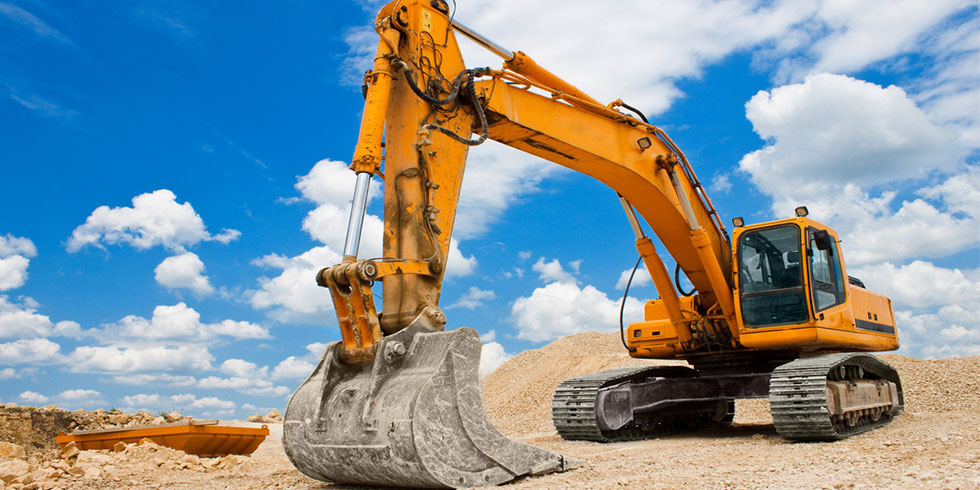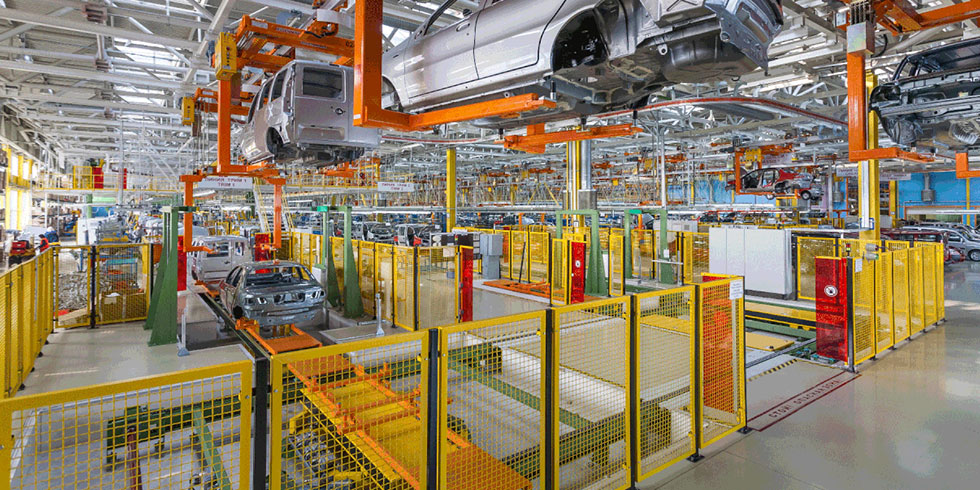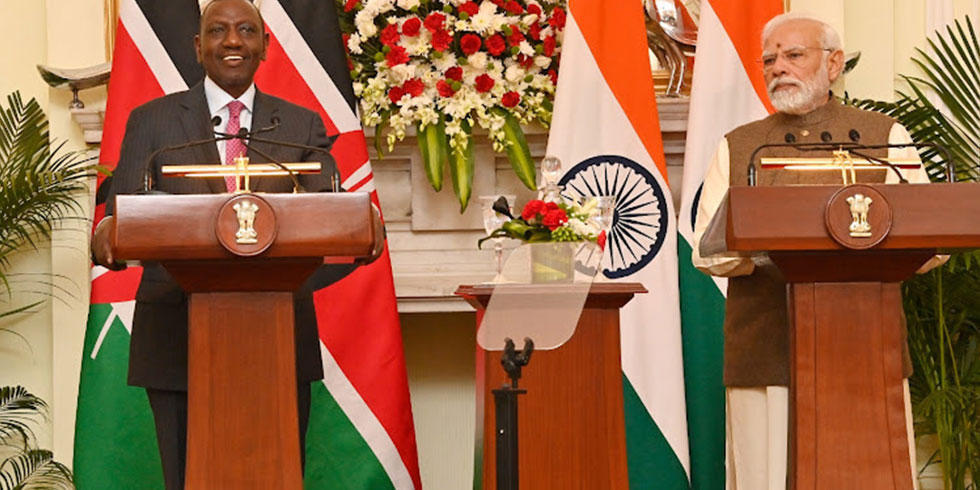Israel Aerospace Industries will broaden its cooperation with India, making the announcement Wednesday during Indian Prime Minister Narendra Modi's visit to Israel.
Despite reports about new deals in the Indian media, as of Wednesday Israel and India had not formally announced any new defense contracts during the course of Modi’s visit.
Sources in Israel have expressed doubt that several forthcoming sales to India of spy planes, unmanned aircraft and thousands of anti-aircraft missiles (the last of which had already been approved) will actually come to fruition.
However, IAI did announce Wednesday that it has signed cooperation agreements with a number of Indian defense contractors companies.
These include a maintenance plant for the Barak 8 aerial defense system, which was developed jointly in India and Israel and which has generated more than $2.5 billion in sales to India.
The plant itself will also produce precision munitions systems in cooperation with India’s Kalyani Strategic Systems. In addition, IAI will transfer know-how regarding materials used in aviation for a new plant to be built in India in conjunction with Indian firm Wipro.
In looking to reorient Israel’s economy toward Asia, Prime Minister Benjamin Netanyahu hopes that many exports to India will grow.
He has set the goal of increasing exports to the country by 25 percent in the next four years.
Modi and Netanyahu signed a series of economic agreements on Wednesday, signaling the two countries’ determination to expand their defense ties into a broader trade relationship encompassing technology.
The seven pacts cover areas such as water conservation, space and agriculture, as well as a $40 million fund that will finance joint research and development projects. They also agreed to cooperate in developing atomic clocks and satellite technology.
“We are of one view that together our scientists and researchers would develop, build and implement mutually beneficial solutions in the field,” Modi said, adding that the two sides were committed to upgrading trade and investment flows. “Prime Minister Netanyahu and I agreed on the need to do more in this direction. Businesses on both sides should take primary lead in such efforts.
Netanyahu said Israeli technology would be coming to the aid of India, and that the two countries would also work together elsewhere in the world.
“We’re going to seek to bring to fruition these various areas which can truly revolutionize our relationship but also the lives of many, many millions of people, both in India – in India, it’s many hundreds of millions of people – but we’re talking about beyond that even,” he said. “We’re talking about also cooperation in third countries and actually working together to better the future of the people of Africa.”
Modi’s visit – the first by a sitting Indian prime minister – has been billed as a historic occasion aimed at both upgrading bilateral relations and raising their profile. Israel has had close defense ties with India for many years.
The $40 million R&D fund will finance joint industrial R&D. Each country will contribute half the money for the fund over the next five years, to cover up to 50% of the cost of R&D projects involving at least one partner from each side. The Israeli money for the Israel-India Industrial R&D and Technology Innovation Fund will gets its money from the Finance Ministry, not the Innovation Authority, as is usual for binational R&D funds.
“The agreement will help expand economic cooperation between the two countries, attract Indian investment to Israel and advance a range of joint ventures,” said Aharon Aharon, the CEO of the Israel Innovation Authority.
Meanwhile, corporate leaders from Israel and India are pressing their governments to reach a free-trade area agreement and undertake other measures to enhance trade, including agreements on protecting foreign investments and reexamining regulations that limit trade relations between the two countries.
They also proposing to relax visa requirements for workers and boost the number of flights between Israel and India, unify quality standards and boost tourism.
A forum of CEOs, jointly hosted the Israel Manufacturers Association trade group and the Federation of Indian Chambers of Commerce & Industry, will be discussing these ideas on Thursday and getting to know one another.
“We will see the positive results of the establishment of the forum, as economic relations between the two countries grow significantly and India becomes one of the main export destinations of the State of Israel,” Manufacturers Association President Shraga Brosh said.
Israeli exports to India amounted to $1.5 billion in 2016, down 13% on the previous year. Most Israeli exports, with the exception of diamonds, were machinery, electrical equipment and chemicals. Indian exports to Israel totaled $800 million, also down 13% from 2015’s figure, and consisted primarily of chemicals, textiles, plastics and rubber.
“It’s nothing, it’s a blip. Why hasn’t the relationship grown to the level it should have?” asked Dr. A. Didar Singh, secretary-general of the Federation of Indian Chambers of Commerce & Industry.
Singh said more needed to be done to ease regulations, lower nontariff barriers and solve licensing problems.
Incentives and lifting of red tape could help overcome what diplomats, lobbyists and business owners say is a cultural divide between the breakneck pace of Israel’s startup scene and India’s more gradual approach.








Add Comment